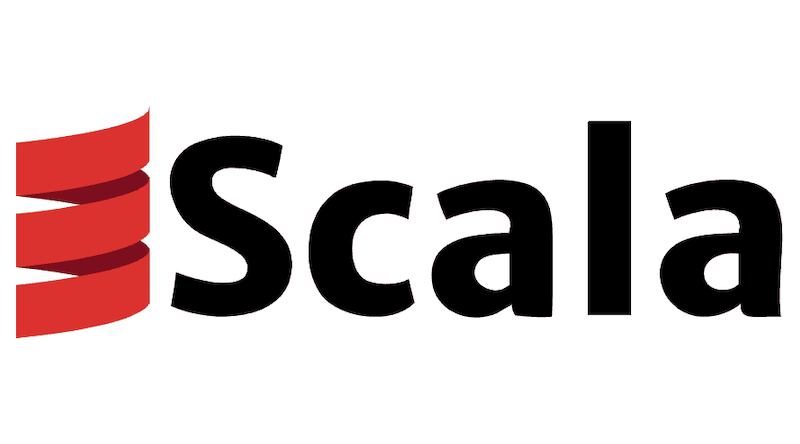How To Install Scala on Manjaro

In this tutorial, we will show you how to install Scala on Manjaro. Scala is a modern, multi-paradigm programming language that combines the best features of object-oriented and functional programming. Designed to be concise, high-performance, and scalable, Scala runs on the Java Virtual Machine (JVM) and seamlessly integrates with Java libraries and frameworks. Whether you’re building web applications, data processing pipelines, or distributed systems, Scala offers a powerful and expressive syntax that can boost your productivity and code quality.
This article assumes you have at least basic knowledge of Linux, know how to use the shell, and most importantly, you host your site on your own VPS. The installation is quite simple and assumes you are running in the root account, if not you may need to add ‘sudo‘ to the commands to get root privileges. I will show you the step-by-step installation of the Scala programming and scripting language on a Manjaro Linux.
Prerequisites
- A server or desktop running one of the following operating systems: Manjaro, and other Arch-based distributions.
- It’s recommended that you use a fresh OS install to prevent any potential issues.
- SSH access to the server (or just open Terminal if you’re on a desktop).
- A stable internet connection is crucial for downloading and installing packages. Verify your connection before proceeding.
- Access to a Manjaro Linux system with a non-root sudo user or root user.
Install Scala on Manjaro
Step 1. Before installing any new software, it’s a good practice to update your package database. This ensures that you’re installing the latest version of the software and that all dependencies are up to date. To update the package database, run the following command in the terminal:
sudo pacman -Syu
Step 2. Installing Java.
Scala runs on the Java Virtual Machine (JVM), so you’ll need to have Java installed on your Manjaro system. Open a terminal and run the following command to check if Java is installed:
java --version
If Java is installed, you should see the version information displayed. If not, you can install the latest version of Java by running the following command:
sudo pacman -S jdk-openjdk
With the prerequisites out of the way, let’s move on to the main event: installing Scala on your Manjaro Linux system.
Step 3. Installing Scala on Manjaro.
Coursier is a popular dependency manager and Scala installer tool that simplifies the process of installing and managing Scala versions on your system. Here’s how to use Coursier to install Scala on Manjaro:
First, install Coursier Open a terminal and run the following command to install Coursier:
curl -fL https://github.com/coursier/launchers/raw/master/cs-x86_64-pc-linux.gz | gzip -d > cs && chmod +x cs && ./cs setup
This command downloads the Coursier launcher, extracts it, and sets it up on your system.
Install Scala With Coursier installed, you can now use it to install the latest version of Scala by running:
cs install scala
This command will download and install the latest stable version of Scala on your system.
To verify that Scala has been installed correctly, run the following command:
scala --version
Coursier makes it easy to install and manage multiple versions of Scala on your system. If you need to install a specific version, you can use the following command:
cs install scala:3.13.3
Replace 3.13.3 with the desired version number.
Congratulations! You have successfully installed Scala. Thanks for using this tutorial to install the latest version of Scala programming and scripting language on the Manjaro system. For additional help or useful information, we recommend you check the official Scala website.